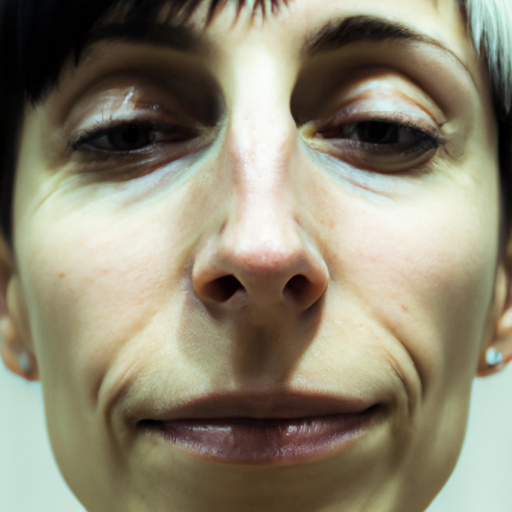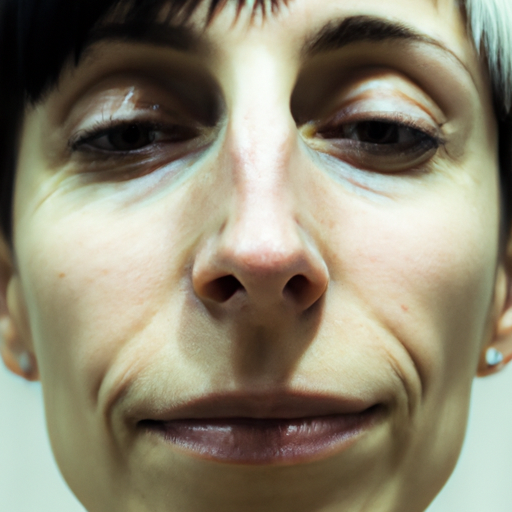As a dermatologist, I often get asked about the best ways to maintain a healthy and glowing complexion. One of the most effective methods is through regular face exfoliation. Unmasking radiance is not about covering up your skin with makeup, but rather about revealing the natural beauty of your skin. This article will serve as your ultimate guide to face exfoliation.
Exfoliation is a process that involves the removal of the oldest dead skin cells on the skin’s outermost surface. This process can be performed mechanically, using abrasive scrubs, or chemically, using special acids that dissolve and remove the dead skin cells without scrubbing.
The skin naturally sheds dead cells every 30 days or so. However, this process can slow down with age, leading to dull, dry, or flaky skin. Regular exfoliation can help remove these dead cells, unclog pores, prevent acne, and make your skin look fresher and younger.
Before you start exfoliating, it’s important to understand your skin type. If you have oily or acne-prone skin, you might benefit from more frequent exfoliation, while those with dry or sensitive skin might need to exfoliate less often.
Mechanical exfoliation involves physically scrubbing the skin with an abrasive. This can be a brush, a scrub, or a microdermabrasion kit. It’s important to be gentle and not overdo it as it can cause redness, irritation, and even breakouts.
Chemical exfoliation uses acids or enzymes to dissolve dead skin cells. Alpha hydroxy acids (AHAs), beta hydroxy acids (BHAs), and retinoids are all types of chemical exfoliants. AHAs are water-soluble and work best on the skin’s surface, making them great for people with normal to dry skin. BHAs are oil-soluble and can penetrate deeper into the pores, making them ideal for people with oily or acne-prone skin. Retinoids can help boost collagen production and are often used for anti-aging purposes.
When starting with chemical exfoliants, it’s best to start slowly, using a low concentration product once or twice a week, and gradually increasing the frequency as your skin adjusts. Always follow the instructions on the product and remember to use sunscreen, as these products can make your skin more sensitive to the sun.
Exfoliation can make a significant difference in the health and appearance of your skin. However, it’s not a one-size-fits-all solution. What works for one person may not work for another, so it’s important to listen to your skin and adjust your routine accordingly.
Remember, over-exfoliation can lead to redness, irritation, and damage to the skin barrier. If you’re unsure about how often to exfoliate or what products to use, consult with a dermatologist. They can provide personalized advice based on your skin type and concerns.
In conclusion, regular exfoliation can help reveal the natural radiance of your skin. Whether you choose mechanical or chemical exfoliation, remember to be gentle with your skin and protect it from the sun. With the right routine, you can unmask your skin’s natural radiance and maintain a healthy, glowing complexion.




